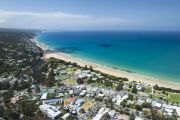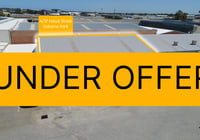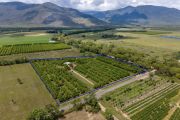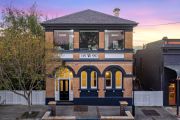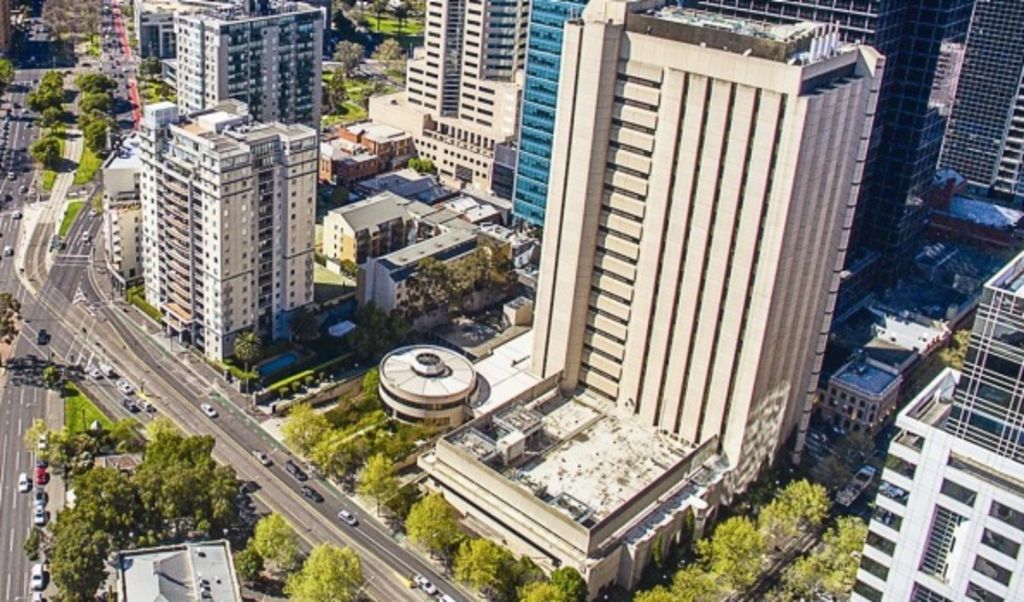
Land tax shock for Melbourne CBD landlords
Melbourne CBD landlords face the ugly prospect of massive increases in their 2017 land tax bills – some as high as 180 per cent – as they bear the brunt of two years of booming development site sales, which have recalibrated land values across the board.
While the impact of rising site values on land tax has been masked in previous years, because Victoria only revalues land every two years, the 2017 land tax assessments will be based on the 2016 council valuations included in 2016-17 rates notices.
At the extreme end, land values are up over 160 per cent on Exhibition Street, where Malaysian developer SP Setia paid a record $101 million, or $25,000 per square metre, for the prized Telstra site earlier this year, and up 156 per cent on Queen Street, according to figures provided by CBRE.
This is more than 10 times the state average increase of 15.8 per cent for commercial property valuations across the state in 2016, according to the Office of the Victorian Valuer-General. It translates into a near trebling of land taxes in a single year.

Figures provided by the City of Melbourne show an average 49.3 per cent increase in valuations across all non-residential property in the central city area. Modelling by CBRE shows that even a 50 per cent increase in site value will lift land tax by 57 per cent.
“The whole CBD has seen increases, with sites closest to the 308 Exhibition Street site valued at a higher rate, along with any large holdings. Heritage properties have also seen large increases due to a tweak to the methodology adopted by City of Melbourne,” said CBRE Melbourne manager Paul Tzamalis.
Some of the country’s biggest listed office landlords including DEXUS, Charter Hall and GPT each own multiple commercial properties in the city and will be impacted by rising land values and tax increases. All declined to comment.
But the biggest impact will undoubtedly be felt by smaller private owners of commercial property, who don’t have the large, diversified portfolios to absorb the increases in land tax.
Also feeling the sting will be offshore-based owners, who in addition to facing an increased land tax bill on their investments will be hit with a higher absentee owners charge, which will increase from 0.5 per cent to 1.5 per cent from January 1.
“We’ve already had multiple calls from owners who are weighing up their options for their property portfolio in 2016-2017,” Mr Tzamalis said.
A spokeswoman for the City of Melbourne said 50 per cent of all valuation objections to 2016-17 valuation and rates notices have been from commercial ratepayers.
Adding to the pain for commercial property owners is that land tax bands have not shifted since 2009, despite big increases in underlying land values over that time, with the maximum rate of land tax – 2.25 per cent – kicking in for land values above $3 million.
Mr Tzamalis said that, in cases where there were significant increases in land tax, this would undoubtedly affect vendors’ returns because the cost was generally not recoverable.
Glenn Byres, chief of policy and housing at the Property Council of Australia, said that as land tax was a yearly charge it often impacted on small business viability “with increases that have no correlation to the performance of the business”.
“In Victoria, land tax revenues are up 28 per cent this year – that is simply extraordinary. The Victorian government take will surpass $2 billion in revenue for the first time – and there has not been genuine land tax relief for 10 years. We want to see the top rate of tax fall from 2.25 per cent to 1.7 per cent,” he said.
CBRE leasing director Zelman Ainsworth said some Melbourne landlords were coming up with creative ways to find extra rent to counter tax rises, including activating ground floor retail and rooftop spaces. “Landlords are becoming a bit more entrepreneurial,” Mr Ainsworth said.
Big jumps in land values are not only confined to the city, with developer Caydon recently receiving a rates notice for about $1 million based on a 40 per cent uplift in the value of its Nylex site in Cremorne, from $24.5 million to $34 million. The developer said it planned to contest the valuation.

